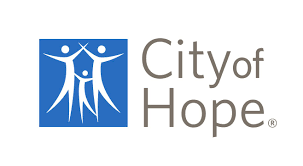
Nurses Hold Power to Change Rhetoric Surrounding Electronic Smoking

Although the long-term effects of e-smoking are still unknown, the percentage of young people developing nicotine dependency is increasing, a Cancer Treatment Centers of America expert explains.
Nurses are poised to help patients with e-smoking cessation, explains Tiffany Klein, RN, BSN, of Cancer Treatment Centers of America Atlanta.
Klein, who has experience in oncology and currently works on a pulmonology team, recently spoke to Oncology Nursing News® about how she believes nurses can serve as advocates for change in light of the e-cigarette epidemic.
“Especially with those with the pulmonology focus, I think we need to get out in the schools; have presentations, education sessions, offer smoking cessation classes—we do that for adults, but we don't really get into the schools and do that,” she said. “I [believe] like schools and parents would be open to that.”
Klein explained that, although the long-term effects of e-smoking are still unknown, the percentage of young people developing nicotine dependency is increasing and that this dependency can affect the health outcomes of patients who require acute care.
“Oncology nurses, or nurses in general, are right at the bedside caring for these people and seeing the reality of what it is like. For example, I had a patient who was having a surgery where tissue oxygenation was very important, or the outcome would fail in a bad way.”
“The physician himself emphasizes on no smoking nor nicotine because it decreases the oxygenation of tissues, and it does not promote healing in any way. [This patient] was so attached to her Juul; I found it stuffed in her shirt. She was sneaking and hiding it in the hospital. Nurses have the access to these types of things, and the experience to get the word out to everybody that this is just not something that is as safe as everyone really thinks it is.”
Newsletter
Knowledge is power. Don’t miss the most recent breakthroughs in cancer care.
























































































